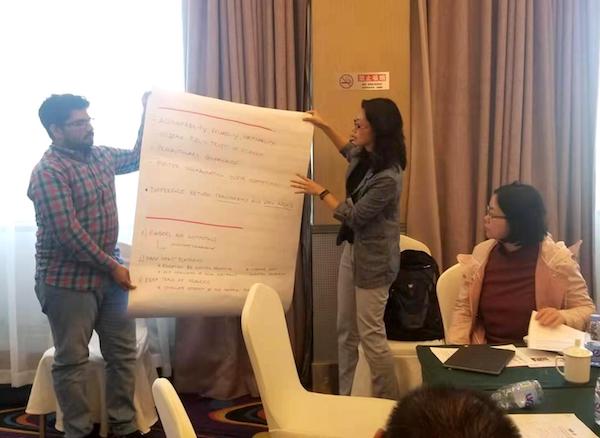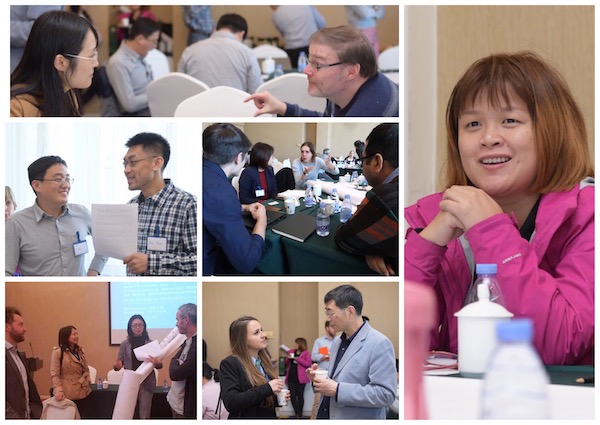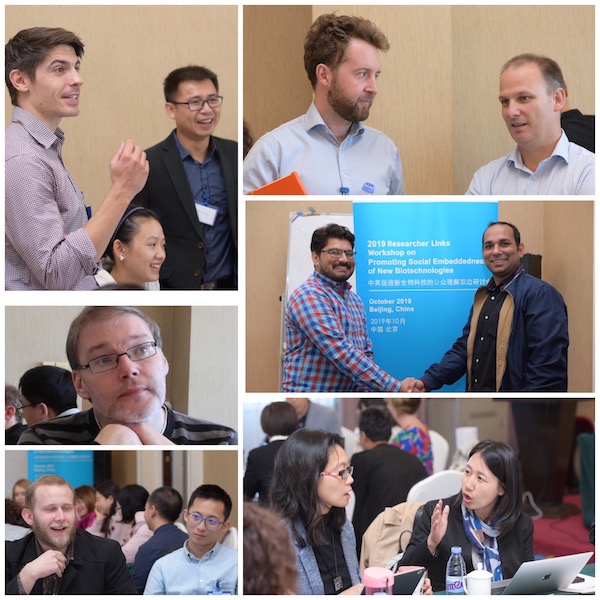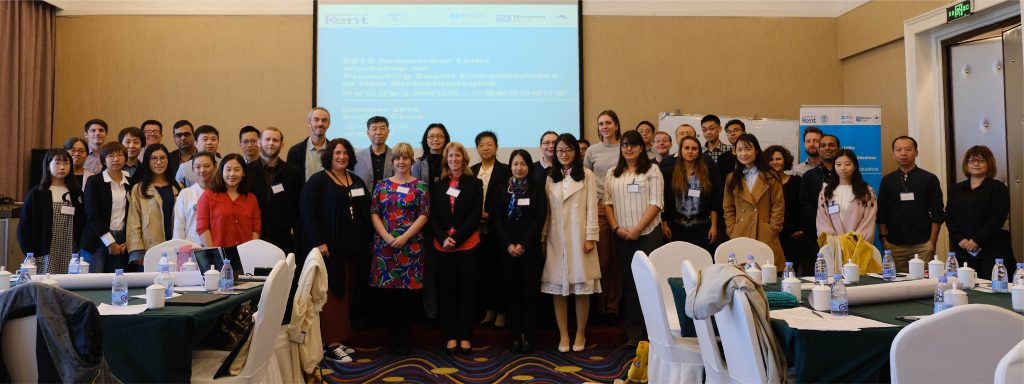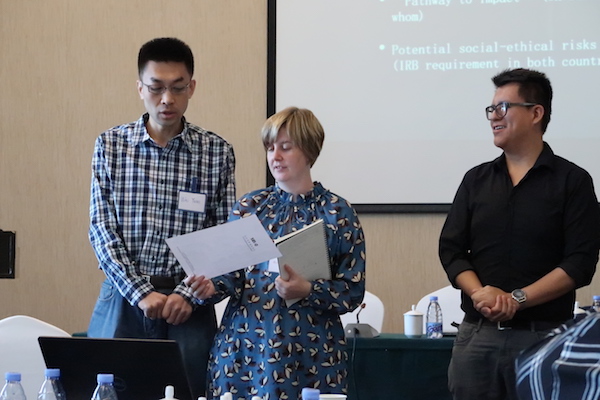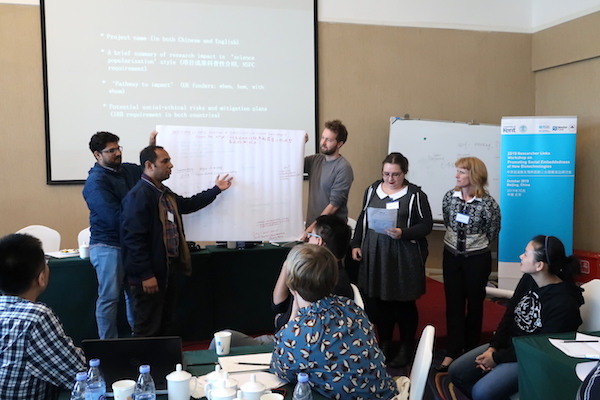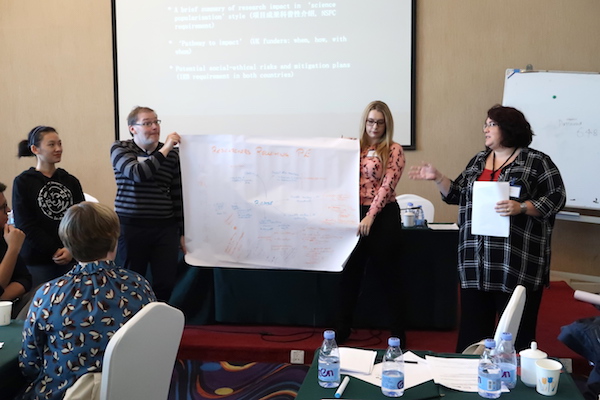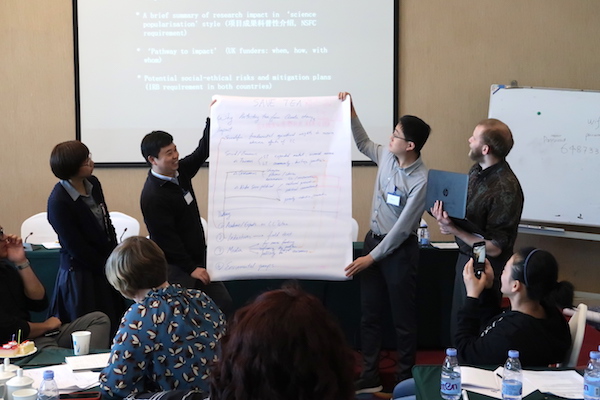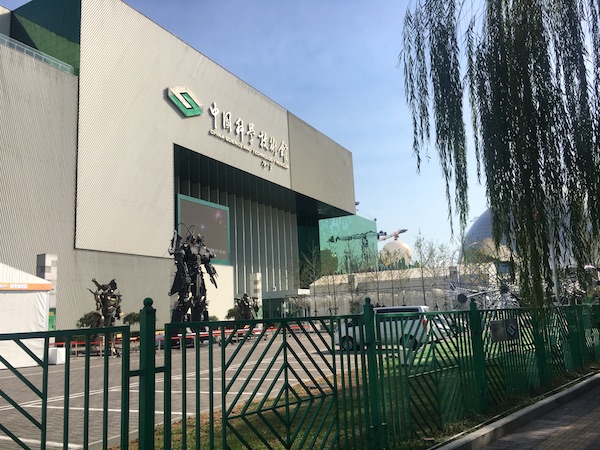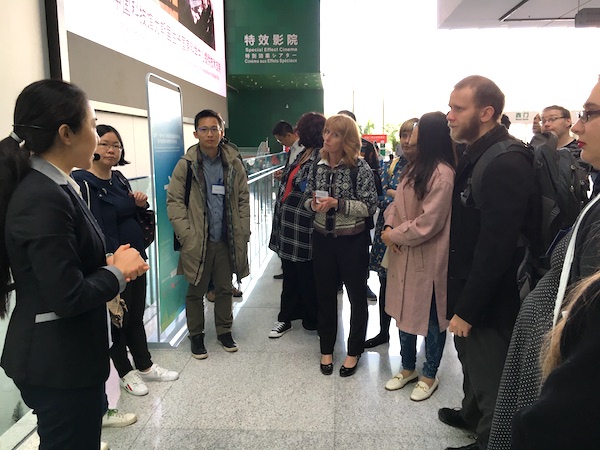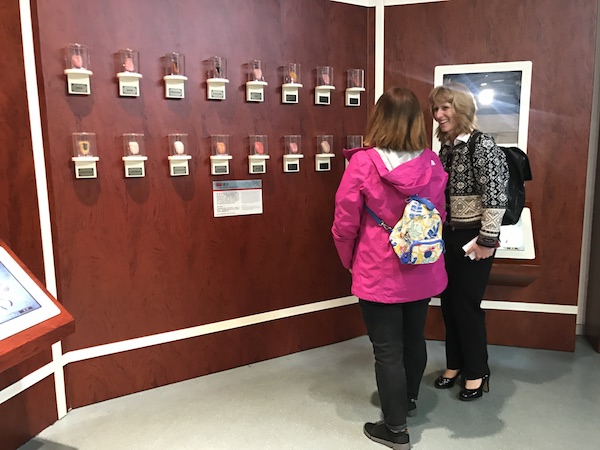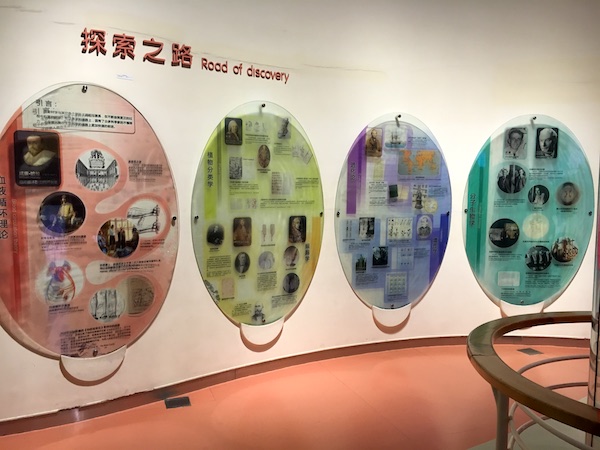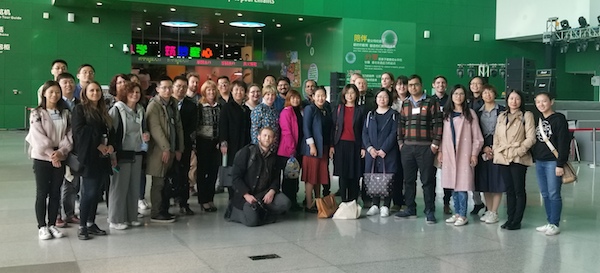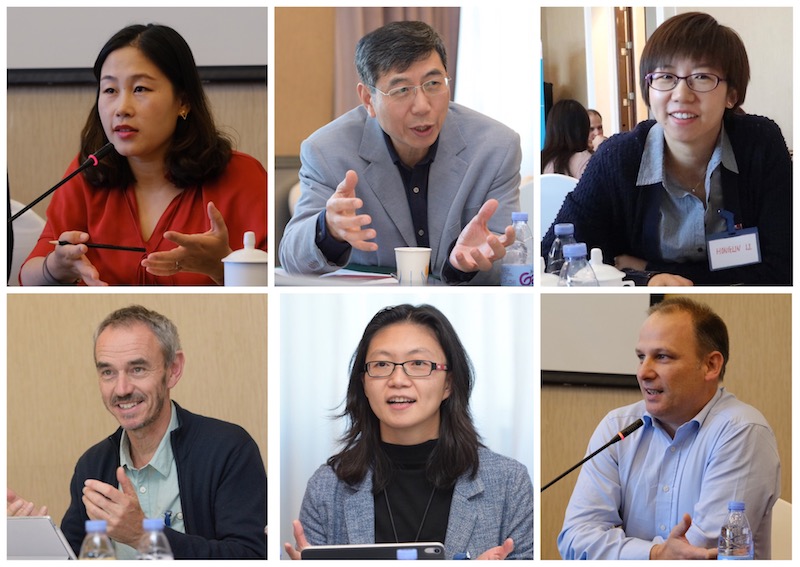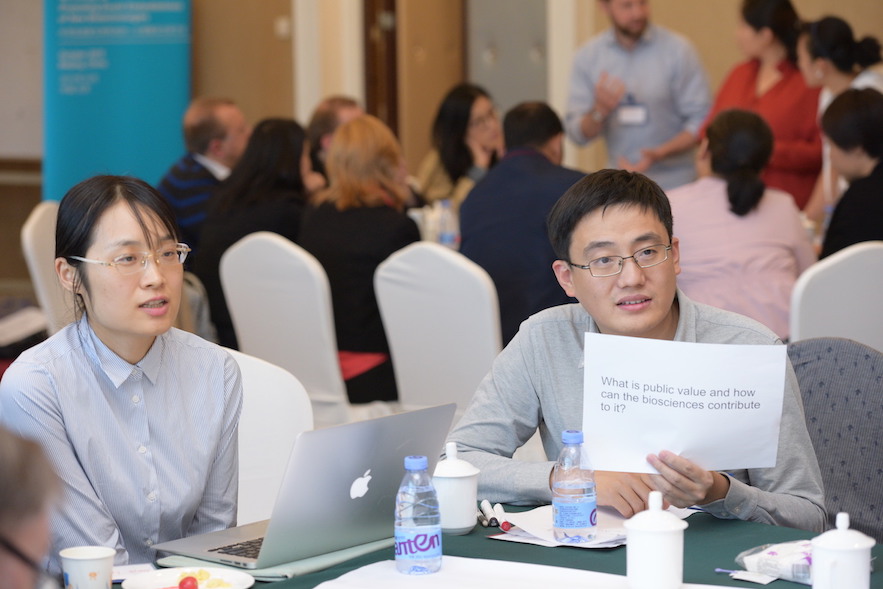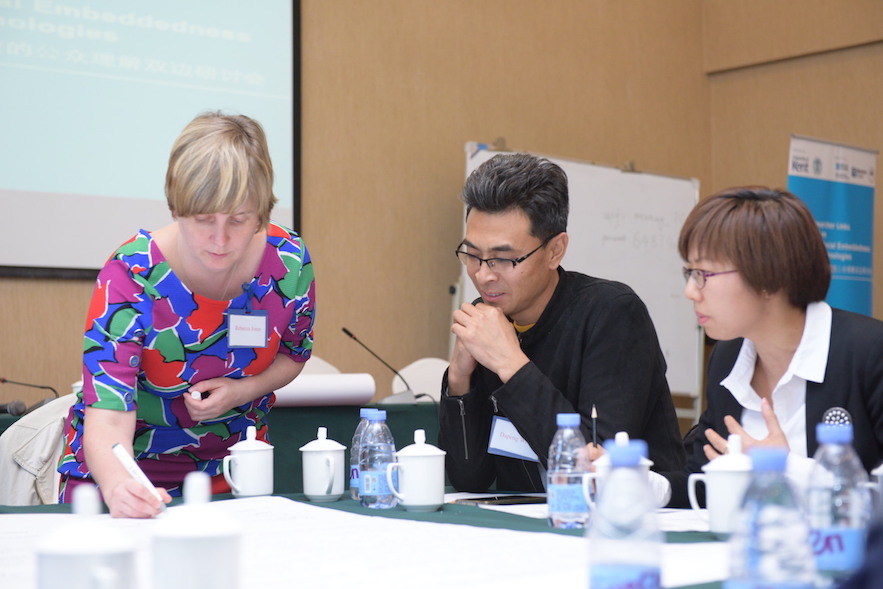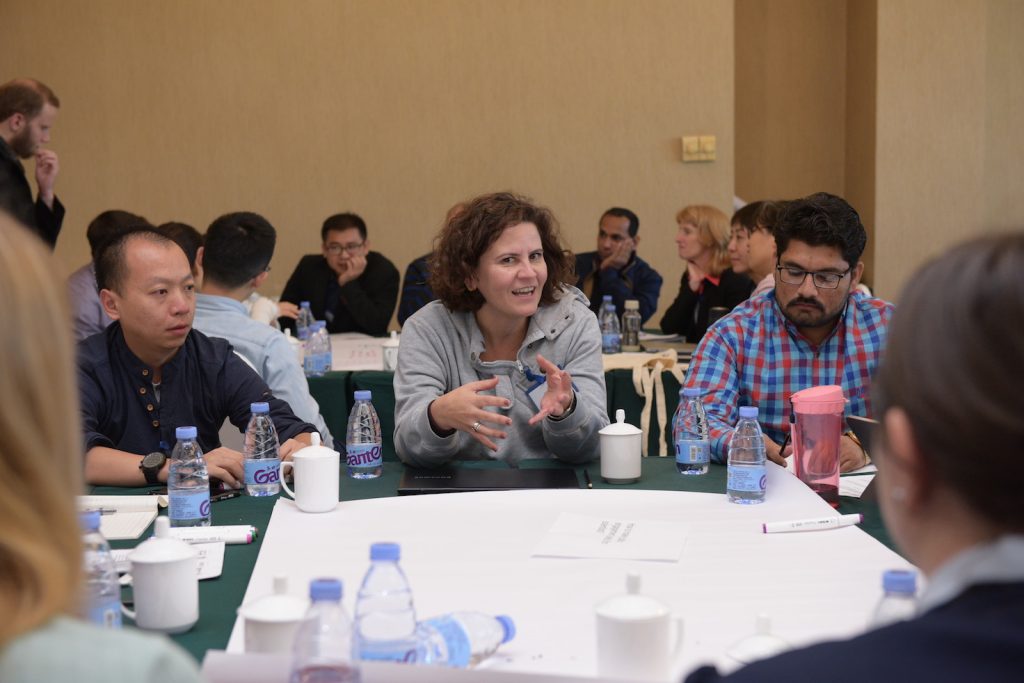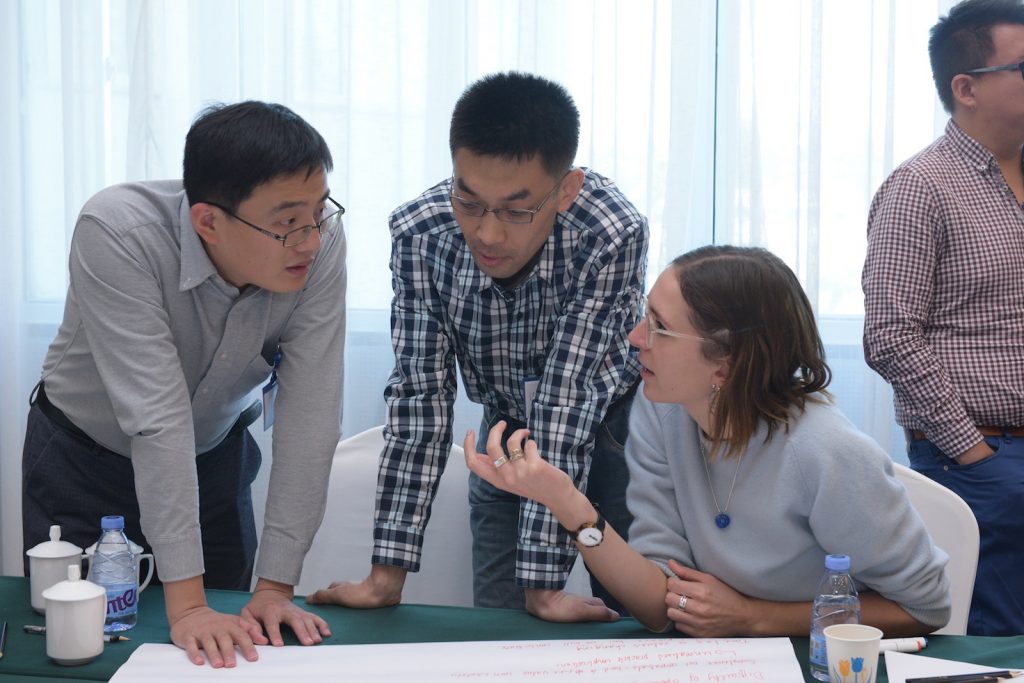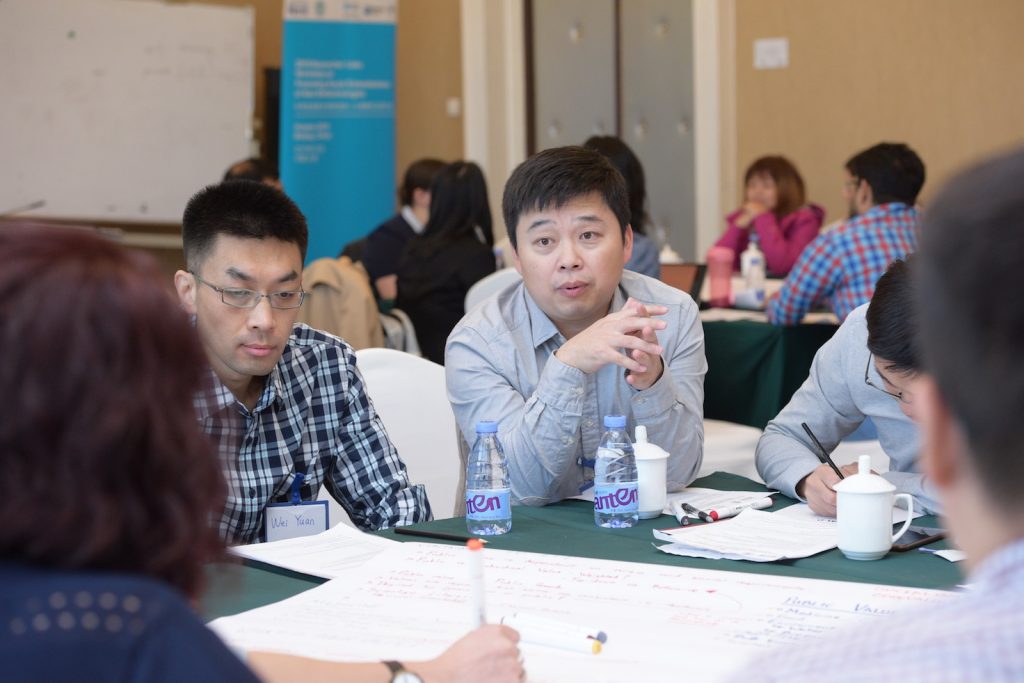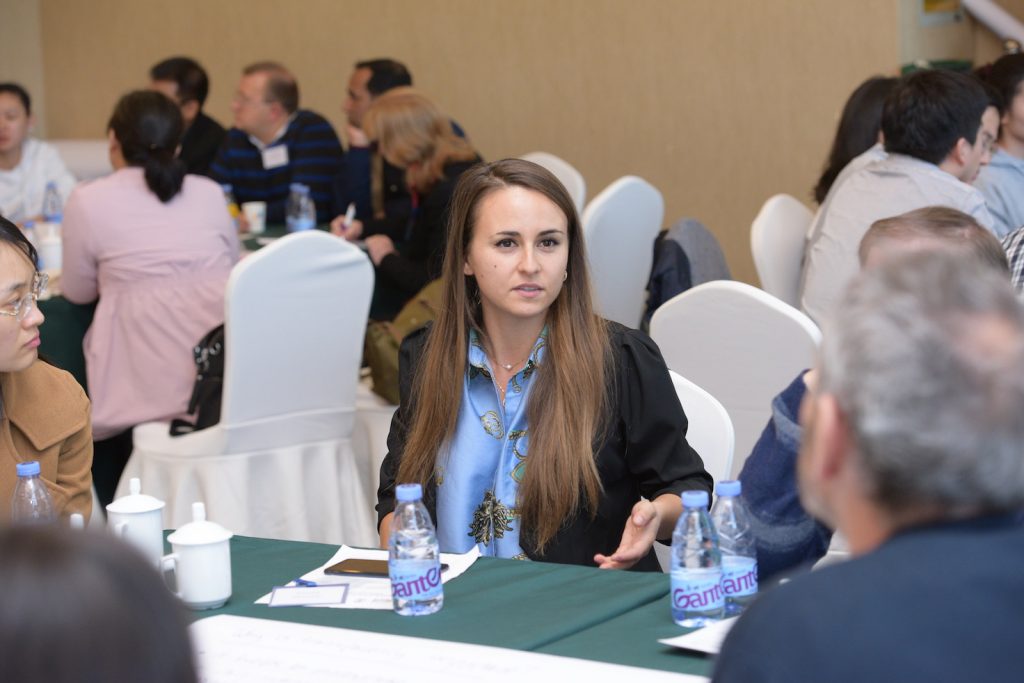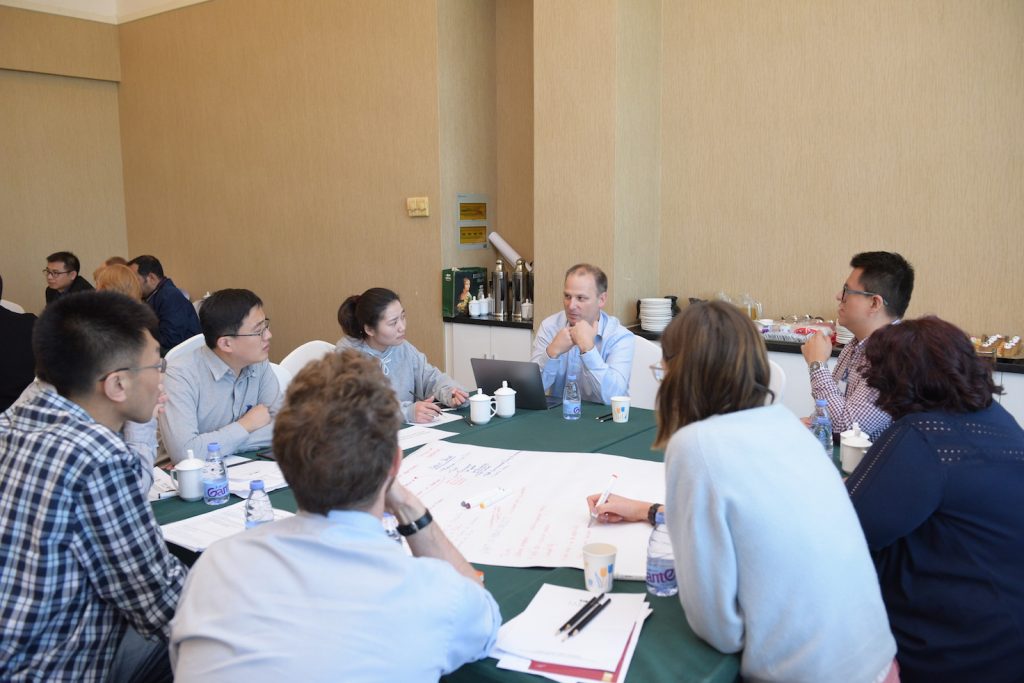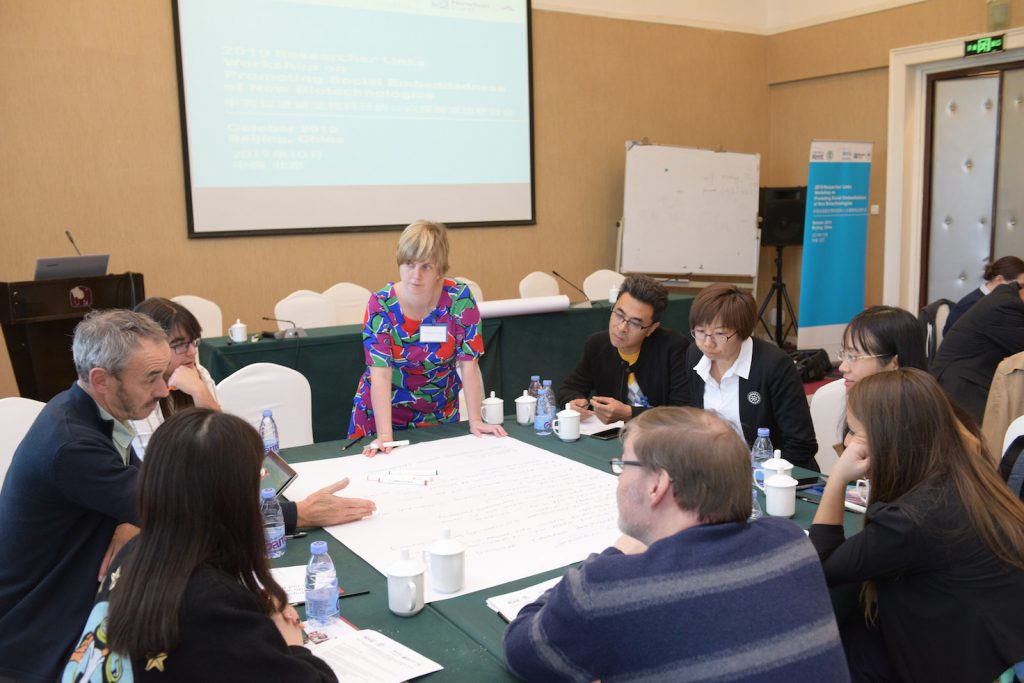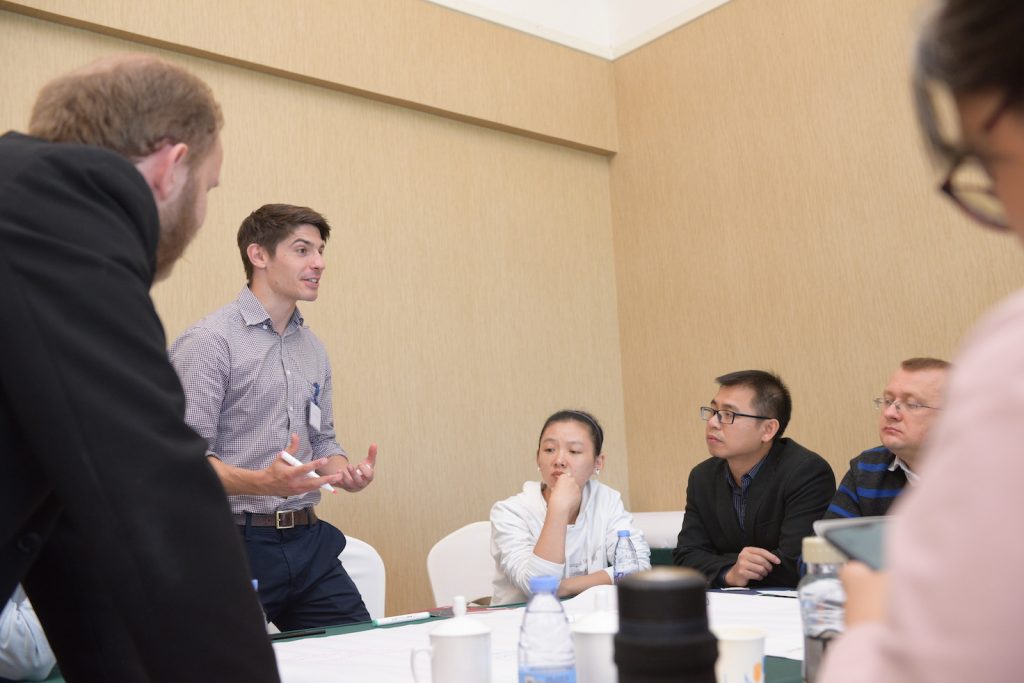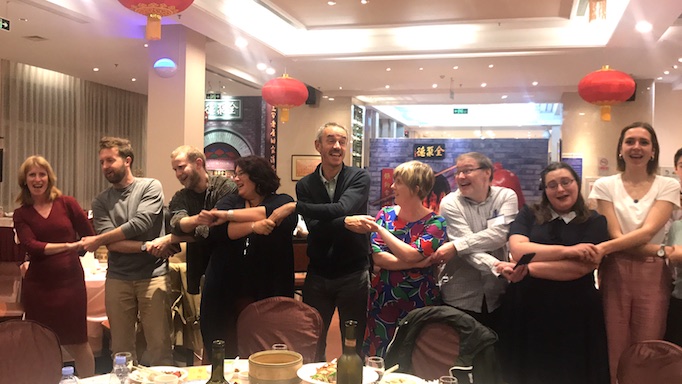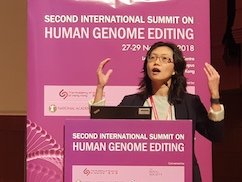We are delighted to announce that in collaboration with the Chinese Academy of Sciences, we are to host a 3-day interdisciplinary workshop in October 2019. We aim to bring together and empower a new generation of bioscientists and social scientists from both China and the UK to critically and creatively examine what effective public engagement entails. This work is supported by the British Council’s Newton Fund.
Here is a summary of the workshop, and a call for participants will be sent out in early spring.
A number of empirical studies have highlighted that Chinese life scientists’ lack of knowledge and skills to anticipate, guide, and respond to social discussions has not only cast a shadow on the public attitude towards research carried out in, and with, China. More importantly, ailing public confidence precludes the effectiveness of international collaborations and hinders social uptake on emerging technologies. Future research leaders in both China and the UK, two key partners in the biosciences, would benefit significantly by developing a shared knowledge and tools of how to work with intermediaries across different social contexts, knowing when and (just as importantly) when not, to engage.
The workshop will take place between 14-16 October 2019 in Beijing. It will consist of 40 funded participants in total. In addition to the 6 organisers, 17 early career professionals participants will be selected from each country, including 10 from the biosciences and 7 from public engagement related areas. The workshop programme has been established to achieve three aims:
Aim 1: Capacity building with a cosmopolitan outlook: The primary aim of this workshop is to empower early career professionals in both the biosciences and related areas (e.g. PE, science policy and scientific journalism) with confidence and key skills to actively shape, respond and steer public dialogues of biosciences in an age of intensified transnational exchanges. This is done by experience and tacit knowledge exchange, collective mapping of institutional and social resources, and guided by mentors’ reflection panels.
Aim 2: Create an interdisciplinary research community for early career researchers to develop better research bids. Practical design and effective delivery of socially engaged bioscientific projects require pooling expertise from both natural and social sciences. Yet increasing subject specialisation and disciplinary divides make it difficult for professionals from one discipline to network with their peers in relevant areas. This universal challenge is especially true for early career professionals. This workshop initiates the formation of a transnational and interdisciplinary network through speed networking, group discussions and rapid presentations. This also enables participants to jointly explore opportunities and continue the dialogue beyond the 3-day event.
Aim 3: Co-developing action-plans at both institutional and cross-institutional (including transnational) level to incentivise, facilitate and support effective public engagement of the biosciences. An action-plan is not equal to institutional commitments, but it is a critical start for participants to reflect, envision and instigate practical ways to strengthen public confidence and public trust of emerging biosciences. The collaborative and dialogical nature of co-developing PE action-plans is a valuable exercise for participants to carry workshop discussions into their everyday practice. Two sessions at the end of the workshop are dedicated to this.
This workshop is organised by Dr Joy Zhang (University of Kent, PI), Professor Xian-En Zhang (Chinese Academy of Sciences, PI), Paul Manners (National Co-ordinating Centre for Public Engagement, Mentor), Professor Mark Smales (University of Kent, Mentor), Professor Honglin Li (China Research Institute of Science Popularization, Mentor) and Professor Lu Gao (Chinese Academy of Sciences, Mentor).

